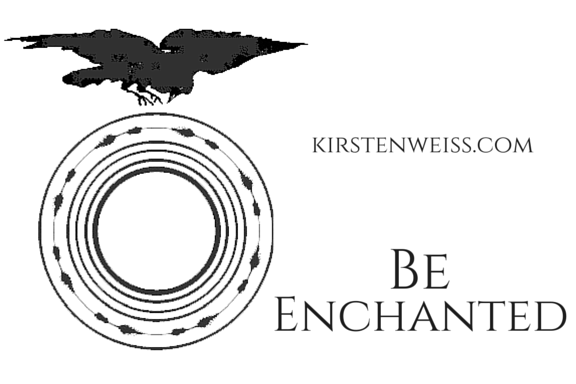The Multimedia Angle—The Use of Journals, Videos, and Book Quotes In Books
Welcome to author Laura Diamond, who is guest posting about modern-day epistolary form. But first, a little bit about her dystopian YA novel, Dawn of the Vie! (And be sure to check out the giveaway at the bottom of the post). Share this on Facebook>>> DAWN OF THE VIE IMMORTAL ALIENS BOOK ONE Laura Diamond Genre: Young Adult scifi/dystopian Publisher: Curiosity Quills Press Date of Publication: October 3, 2016 Number of pages: 320 approx Word Count: 80,000 Cover Artist: Curiosity Quills Book Description: Since their Arrival less than 30 years ago, immortal Vie rule the planet like the super-predators they are. Enslaved humans are their servants…their entertainment…and their food. Anemies—humans with various types of anemia—are simply exterminated. Their nutritionally deficient blood is useless to the Vie. Or so it’s thought… Alex, an Elite Vie, is a bit of a Renaissance Alien. Part scientist, part Raid Specialist, part drug addict, he knows Anemie blood is valuable. Rather than blindly carrying out his boss’s kill order, he convinces some colleagues to spare a few Anemies, not only …









